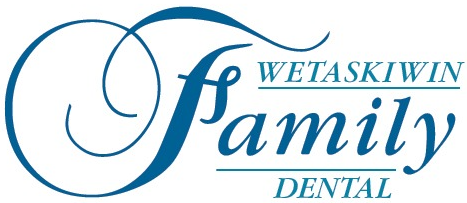It’s standard practice for healthcare providers to find out what medications their patients are taking. At Wetaskiwin Family Dental in Wetaskiwin, our patients sometimes wonder why we ask them about prescription medications before their dental process.
Here’s why:
Some medications—prescription or over-the-counter—can affect oral health or dental treatment.
Bleeding Issues
Heparin/warfarin and other anticoagulants can bring about abnormal bleeding because they affect your ability to clot. If you undergo oral surgery, it’s critical for your dentist to know if you are taking these prescription medications.
Abnormal Gums
Do you feel as though your gums are significantly bigger in proportion to your teeth?
Enlarged gum tissue is an overgrowth of the gum tissue around your teeth. Gingival hyperplasia can make your gums appear more prominent than your teeth. It can be caused by poor oral hygiene or prescription medications. These include antiseizure drugs, calcium channel blockers (nifedipine, verapamil, and diltiazem), or immunosuppressants. If you are taking these drugs, make certain you are paying close attention to your teeth and gum care.
Dry Mouth
Over 400 drugs can trigger or exacerbate dry mouth. This long list includes, but is not limited to; antihistamines, decongestants, painkillers, high blood pressure medicines, and muscle relaxers.
Chronic dry mouth can increase the risk of tooth decay. Saliva contains minerals that help enamel stay strong. Saliva also plays a role in controlling plaque.
When you come into Wetaskiwin Family Dental in Wetaskiwin, be prepared to let us know which prescription meds you are taking along with the dosage. This helps us provide the best care possible. Patients from Leduc, Camrose, and Ponoka come to us for general dentistry and cosmetic dentistry. Call to schedule an appointment today!

